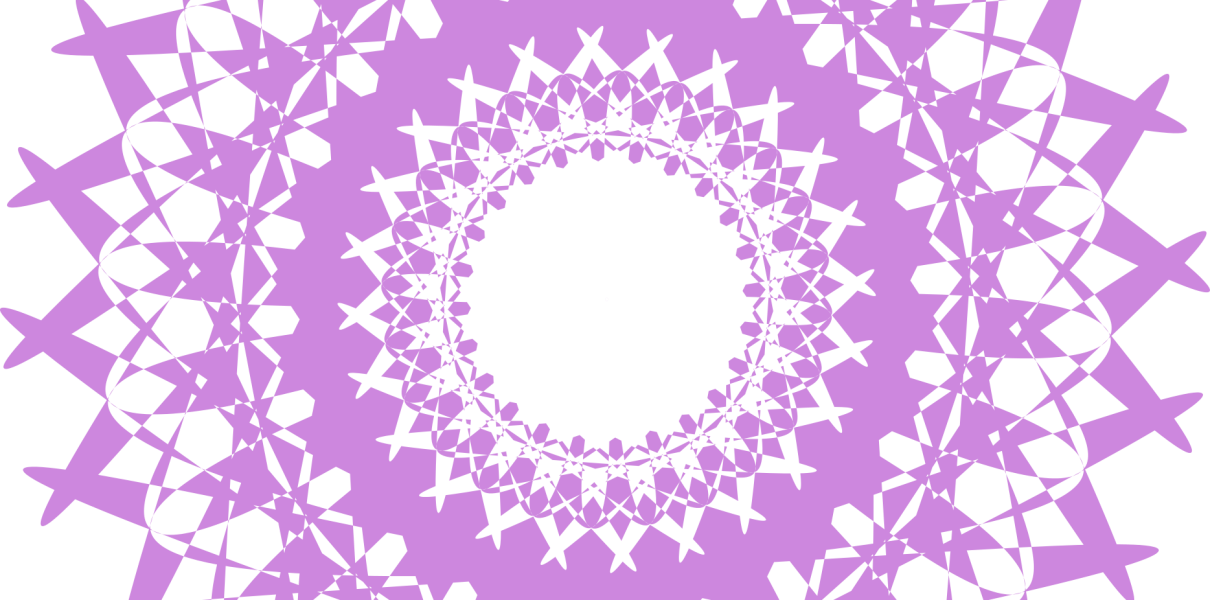Many believe that the highest expression and experience we can attain in life is to love one another. Yet love is highly misunderstood. There is great confusion about the causation of love and the ways in which we are one and those that separate us.
When we “fall in love” with someone, it is often experienced as an instant affection for them — almost a chemical occurrence. One minute it didn’t exist, and the next it seems to exist more than anything else. It is delicious and we want more, so we focus more and more of our attention on this one person and want them to do more and more of whatever we think caused us to have this experience. What we commonly refer to as “love,” whether as lovers, parent and child, or friends, is really a very spiritual experience that we mistakenly delimit to our relationship with the person with whom we are having this experience. In fact, love is the human experience of the divine. As John-Roger explains it:
As we are looking for ourselves, we often see ourselves in others who are open to reflect. We then love them, not just for who they are, but for that reflection of our love in them. What we’re really saying is, “When I’m with you, that place inside of me that is loving awakens.”
When this kind of love is experienced between two people, four things are happening simultaneously. Each is choosing to give love to the other, and each is choosing to receive love from the other. We are both open to the flow of giving and receiving love. At its best, when none of these four actions is blocked by self-imposed limitations, whether with one’s partner or a total stranger, there is a transcendent experience into a oneness that is beyond earthly concerns. Consider the awe when a parent first looks into the eyes of his or her newborn child, or when in “Avatar” the Na’vi say, “I see you,” meaning, “I see the god in you.”
When we don’t realize that love is a recognition of the divine through another, we falsely attribute the source of love simply to that person. We might fixate on wanting more of that person when in fact what we really want is more experiences of transcendence, of God. Attributing the source of love to the other person is simply a misunderstanding of the causation. When we limit ourselves to looking only for romantic love, we miss the point.
Building upon that misunderstanding of the true nature of love, we zero in on that one person and attempt to stimulate those loving feelings. We develop a conscious and often unconscious agenda of wanting them to behave in ways that we believe are the cause of our transcendent experience. When we take this path, our love often becomes exclusionary and conditioned by our personal preferences and prejudices. Our love flows exclusively with this person but not with others, and we tend to trap each other in a web of expectations. When we look for love on websites, we want our prospective partner to be of a certain age, to have a certain body type and to share our likes and dislikes — all the things that we think will bring us to that transcendent experience. We think that if they are a match, they will be capable of igniting those feelings in us.
Truly loving another person with a capital “L” is a matter of freeing the other person of the responsibility to express his or her love for us only in the ways that we want to receive it. When we truly love, we get out of our own way by dropping all the concerns of our ego and allowing the pure radiance of the divine to shine through us to another. When the other person does that as well, the result is a pure and blissful experience of our own divinity reflected through another into a shared oneness.
I think we should all strive to be ambassadors of love with a capital “L” with as many people as possible, through our willingness to smile at a complete stranger as an offer of momentary transcendence as we pass each other by on the street; by calling to be of service to a friend who is facing a difficult time; and by choosing to sacrifice our petty judgments, expectations and any other ways that we have learned to withhold our loving kindness from others each day. It is a practice of becoming a safe and neutral place in which both our humanity and our divinity can dwell. It is through these actions that the place inside us that is loving awakens.
Perhaps this is truly what is meant in Matthew 18:20: “For where two or three are gathered together in my name, there am I in the midst of them.” We experience God’s presence in the context of our everyday relationships with others. It is a reflective process. When we delight in another, what is actually happening is we are having a pure experience of oneness that transcends all our judgments and our demands that another person be how we want them to be. We have raised our consciousness up above earthly considerations, and that is indeed a divine experience.
If you would like to know more about me and my work, please explore my website here.
Also, if you know anyone who might get value from this article please email or retweet it or share it on Facebook.






